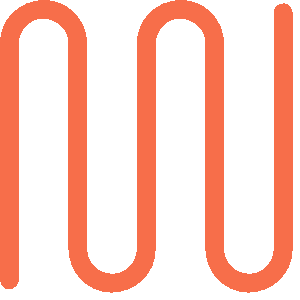How We Do Business: Past, Present, & Future
While the basic idea of delivering a product to a market remains unchanged, the way we do business constantly evolves in response to cultural shifts and advances in technology.
Humans have taken part in commerce since our very earliest days. However, the way we buy and sell has undergone fundamental changes over time, as new advances arise and become widely adopted. The basic idea of selling a product to a given market has been built upon and refined throughout history, depending on the surrounding culture and available technology.
Just as business models change, the way organizations achieve their goals also changes in response to prevailing societal attitudes and technology. Some of the most dramatic changes in the world of business have happened in the last century.
It’s to be expected that the job market at the close of World War II looked very different to what we’re familiar with today, but to returning soldiers, it may have seemed just as strange. Wartime labor shortages as well as then-recent anti-discrimination legislation meant women and people of color now worked in market sectors that had been closed to them before the conflict. However, underlying bias still made daily working life and job progression difficult for these pioneering workers — the struggle against that continues today.
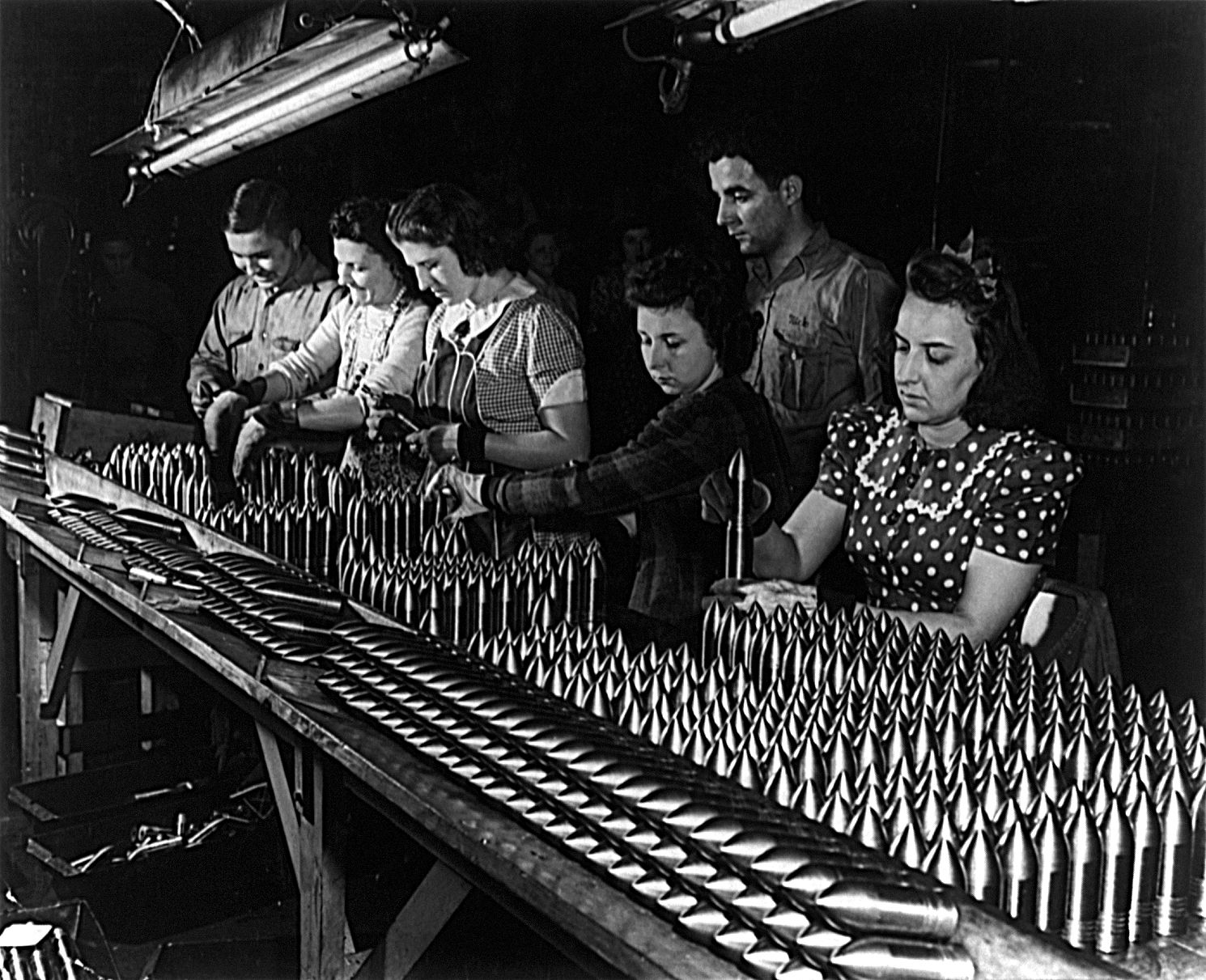
The postwar period was defined by generally favorable economic conditions, which meant that on average, American citizens had more disposable income than ever before, with a corresponding demand for consumer products. Television’s popularity brought in a new golden age of advertising. Over the following decades, the increased variety of products available across all industries, as well as continued innovation and ubiquity of advertising, continued.
How The Internet Has Changed Business
As the internet became increasingly available and embedded in our society, smart business people were quick to spot the potential brought by an increasingly connected world, both in terms of an expanded market and interest in technology.
In the late nineties, this excitement sparked a good old-fashioned gold rush, with companies dropping huge sums to hype their products and rapidly expand their customer base. In many cases, this high-risk strategy was disastrous, but startups that were able to deliver on their early promises dominate today’s economic landscape.
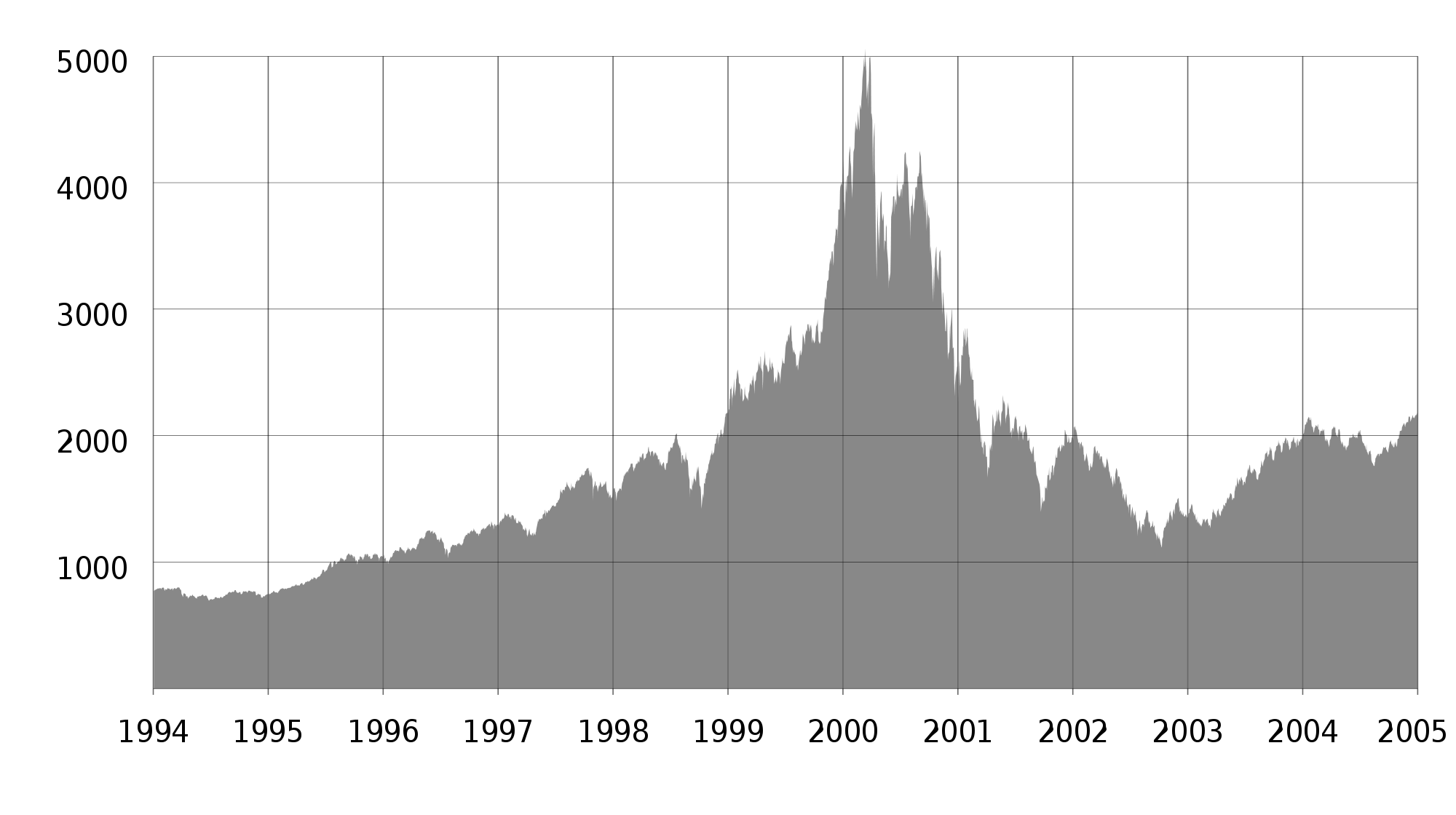
The NASDAQ Composite index spiked in the late 1990s and then fell sharply as a result of the dot-com bubble.
One of these survivors, Ebay, popularized the idea of internet-mediated peer-to-peer transactions, foreshadowing the rise of the sharing economy. Companies like AirBNB and Uber work on the same basic principle, acting as a mediator between freelance service providers, and consumers looking to grab a bargain by cutting out the middle man.
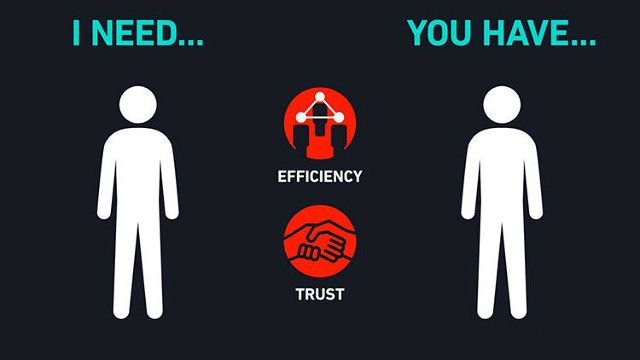
Before, setting up your own business meant navigating bureaucracy and establishing a client base; now, it can be as easy as downloading a smartphone app. And more and more of us are opting to become our own bosses. While there are advantages and drawbacks to freelancing and outsourcing, for workers and businesses, it seems clear that this trend is set to continue, further changing the way we do business.
Doing Business In The Future
And there may be even bigger changes in store. Advances brought about by the Internet of Things and machine learning mean that technological unemployment may become an increasingly unignorable problem.
This trend continues past blue collar manufacturing work: looking at the the field of advertising, which is currently undergoing rapid algorithmization, it seems reasonably likely that businesses as a whole will involve less and less human interaction in decades to come.
There are definite upsides to this process: computers can analyze large quantities of data more efficiently and accurately than humans can, and can thus conquer previously impossible feats.
For example, it’s suggested that future advertising could be micro targeted to the point where it’s welcomed by consumers, being perceived as helpful suggestions rather than junk to be filtered out. It seems feasible that artificial intelligence will eventually equal or outstrip human ability in nearly every field, even in the arts. But will they know right from wrong?
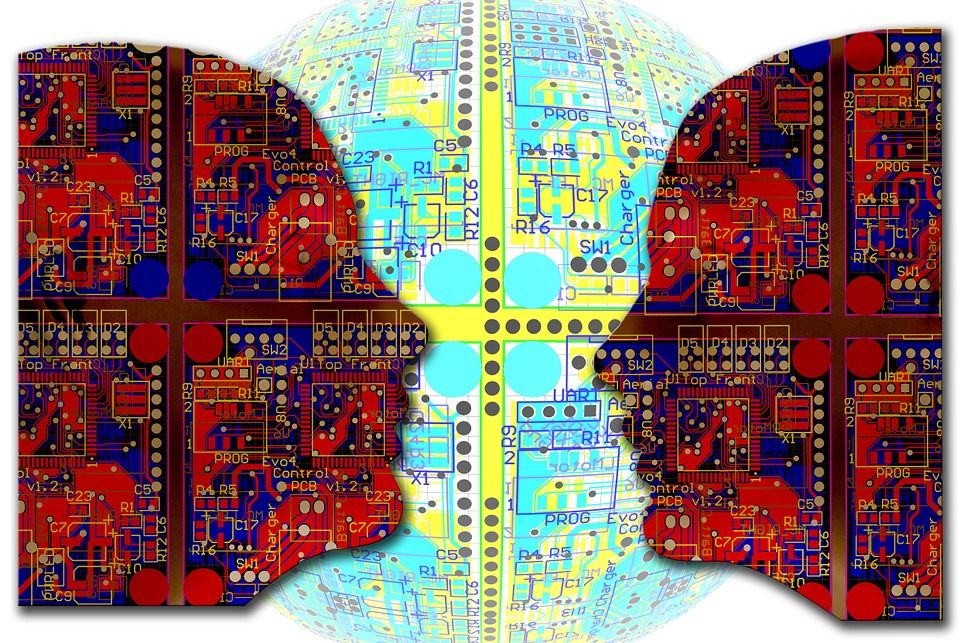
Ethical decisions make up some degree of nearly every job. Automation could work in a business’s favor, here: it’s unlikely that an AI could develop the culture of ignoring unethical actions that eventually destroyed Enron. However, moral decisions are rarely black and white, and, as we saw in 2001: A Space Odyssey, programming works on the principle of strictly obeying rules, no matter the consequences.
Up until this point, business has primarily consisted of human interactions: introducing a new component into the fabric of our economy may affect it, and our society, in ways that are hard to predict.
It may be that the rise of AI changes the way we do business as fundamentally as the invention of currency.
Related Insights
We’re looking forward to working with you, too.
Start conquering the digital terrain today.

